Since the general election in July, Holyrood has increasingly felt more like a campaigning parliament than one with two years left to legislate for a better Scotland.
Significant new law is still making its way through the parliament, but the politics are hard to escape.
Each week the first minister and opposition leaders test out their lines. Perfecting attacks and building their 2026 narrative.
A confident John Swinney has baited opposition MSPs over his government’s budget, daring them into voting it down.
Doing so could prompt an early election – a scenario he knows the Labour party, seen as his main challenger, will be keen to avoid.
So what are the big moments to expect in 2025?
Budget showdown
Finance chief Shona Robison unveiled the government’s draft budget in December.
Top of the to-do list for MSPs as they return from their Christmas break will be debating the detail and deciding how to vote.
Parliamentary arithmetic means the SNP government will have to work cross-party to pass their spending plans, gaining support from at least one other party.
Support is most likely to come from either the Scottish Greens or Liberal Democrats – though both have said they would want changes to secure their support.
If the government can’t secure their backing, they face an uphill battle to get their budget approved. Failure to do so could even prompt an early election.
But Mr Swinney has been here before. In 2009 the new SNP administration failed to get its spending plans over the line.
A last-minute deal with the Liberal Democrats allowed it pass, averting disaster as the new government found its feet.
Those close to him say this experience guiding budgets through Holyrood are important to understanding his approach as First Minister.
“John has led too many budgets through parliament to be intimidated by the politics,” one of those close to him explained.
“He knows this process better than most.
“He also understands that Anas Sarwar doesn’t want an early election right now when the Labour government in Westminster is so unpopular.”
University funding crisis
The Courier has reported extensively on the funding crisis that his hit Dundee University. But the institution is far from alone in facing of rocky future.
As the political battle lines are drawn for 2026, the current funding regime that Scots universities say has left them exposed is likely to come under scrutiny.
But no political party has signalled a major change in how Scottish students are funded, such as the re-introduction of tuition fees or another model that would require students to make some financial contribution.
With the future of some universities in doubt, whether that consensus continues remains to be seen.
High-profile resignations
After more than 25 years of devolution, many of those first elected in 1999 are rumoured to be considering an exit from frontline politics.
Dundee-based former first minister Humza Yousaf has confirmed he will not seek re-election, and across Tayside and Fife others may choose to join him.
Speculation continues as to whether Dundee MSPs Shona Robison and Joe FitzPatrick will stand down.
It would mean two high-profile losses for the SNP in a city it will be hoping to hold onto at the election.
Scottish Labour’s long-road to power
While the SNP attempt to mastermind an unprecedented fifth term in power, Scottish Labour remains hopeful of causing an upset.
Key to their success will be improving on hard-won victories in Fife in the general election.
But Sir Keir Starmer’s government had a shaky start with a series of tough choices making life more difficult for their Scottish counterparts.
While Sir Keir will have another four years before he has to go back to the electorate, Anas Sarwar has just 14 months to demonstrate the benefit of a Labour government.
He will be aware that the Holyrood ballot will also serve as a mid-term referendum on his party’s record in Westminster.
If he has any hope of toppling the SNP, Labour must re-take the narrative about their record so far.
Nigel Farage eyes Scotland
Nigel Farage’s Reform party hopes to make real gains in Scotland.
Unlike in England and Wales, the former UKIP leader has never had much success north of the border.
While some councillors have defected, and the party has polled well, no candidate has been elected under the Reform banner.
But polling suggests Mr Farage’s party could win as many as 15 MSPs in 2026, and key to that will be maintaining the sense of momentum around the party.
But doing so could prove challenging.
The party has not had its troubles to seek when it comes to political scandal. Combined with the lack of a Scottish leader, and Mr Farage’s apparent reluctance to travel north, Reform may struggle to shape the narrative on the devolved issues that matter to voters.
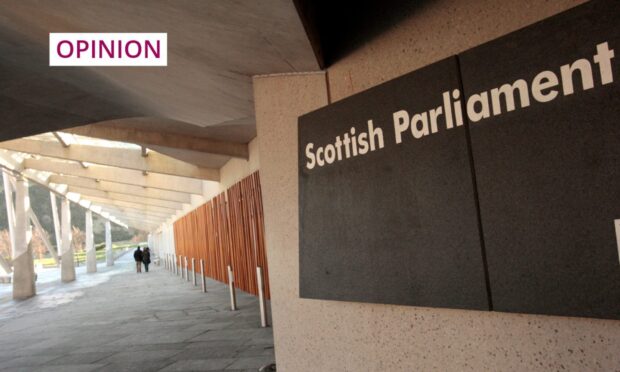

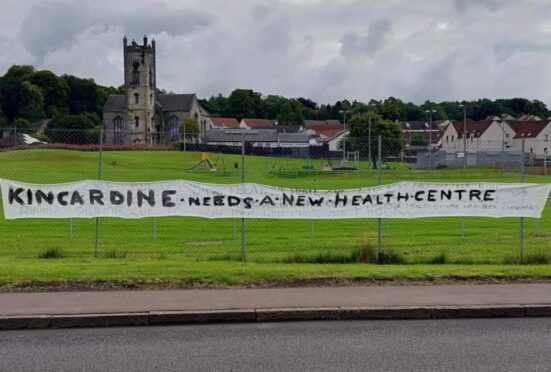
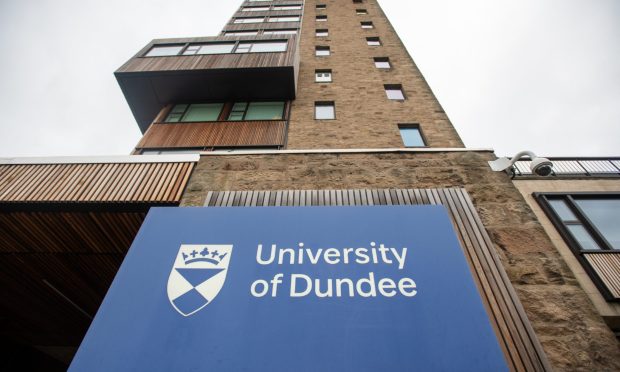
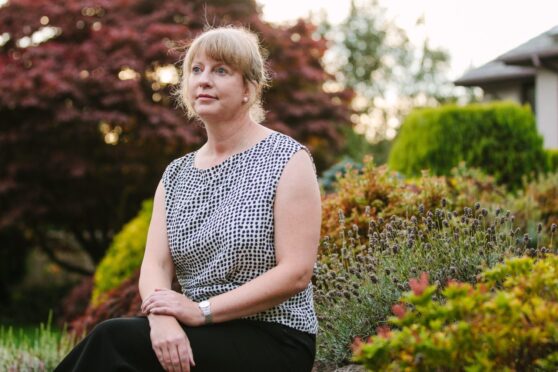

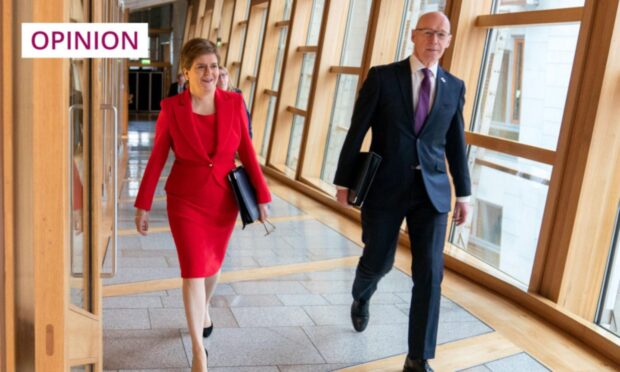
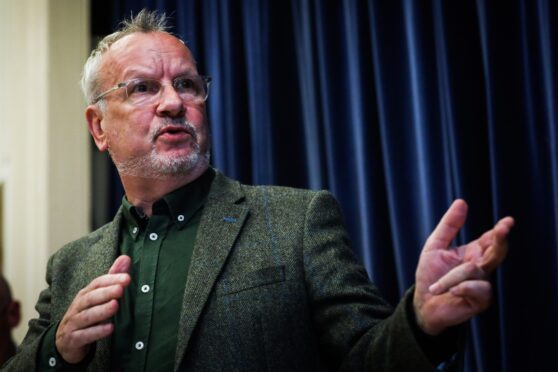
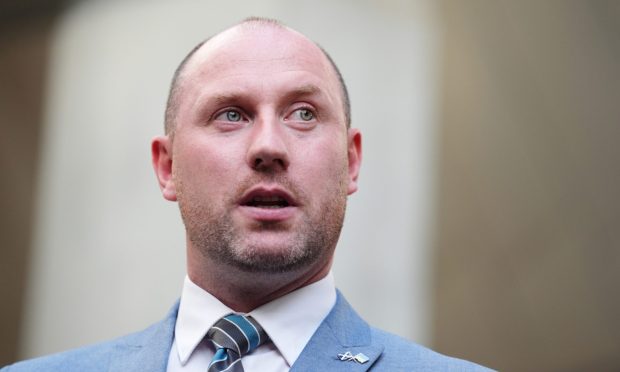
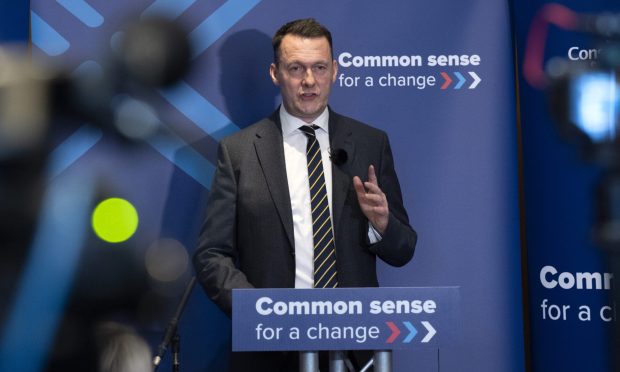
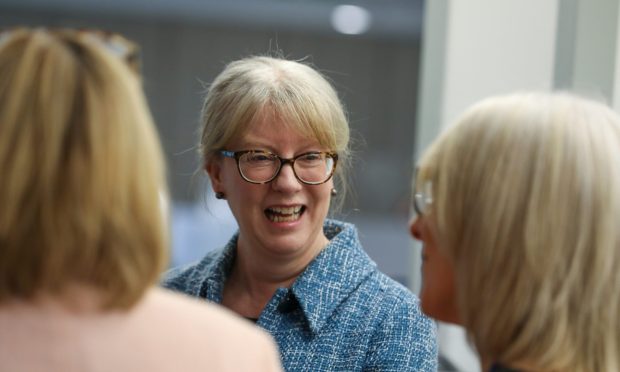
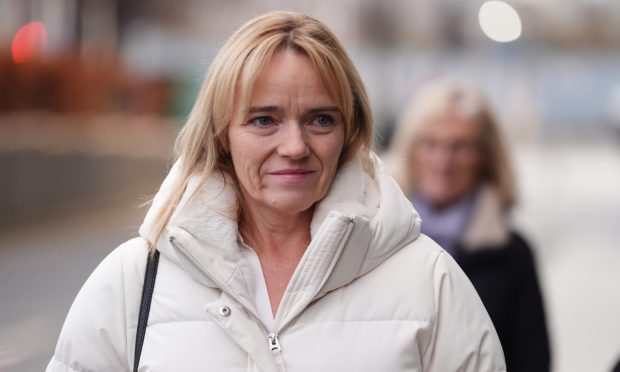
Conversation